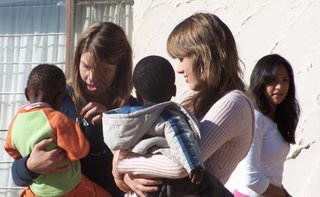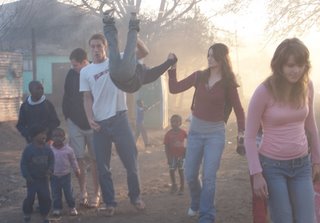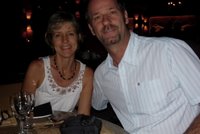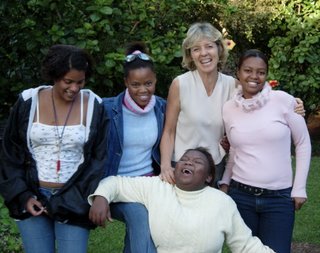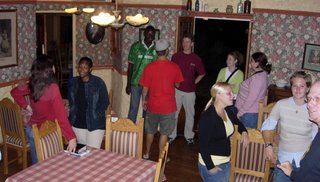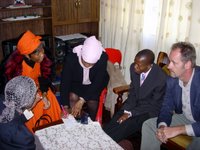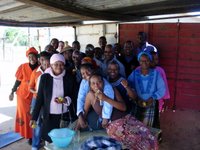But the real kicker for me in these letters is in the idea of the power of example. The community of faith in Thessalonika had become exemplary and renowned in the region because they had, among other things, imitated Jesus and the lives of Paul, Silas, and Timothy. The writers were confident enough in the integrity of their lives to challenge the church to just go ahead and imitate them. Whoa. Would I do that? Would I feel confident enough in the way I do life to simply ask others to follow my example?
If you've ever watched the Tour de France or NASCAR, (I hear some folks from the south actually enjoy watching a good 'ol car race), you're familiar with the power of drafting--—getting right up behind the person in front of you and getting sucked into their momentum. You stay right on their tail, benefiting from their wind-breaking lead, right up until the moment you catapult past them having drawn on the energy they had exerted while being in front.

It seems to me like imitating is a lot like drafting. You get right up next to someone and follow their lead. You stay right in their tracks until you're ready to surge ahead. And when you're ready to go for it, you do it knowing that you're far better off than if they had never been there.
I've been asking myself this question a lot recently: If someone were drafting me, if someone was imitating my life, what would they be like?
There are several follow-up questions that immediately jump into my mind as well. Questions like:
What would they be doing?
Would they be seizing the day or blowing it?
Would they see kindness and tenderness or sarcasm and impatience?
Would they be self-centered or other-centered?
Would they hunger more for Jesus or ESPN?
When we invite someone to journey with us in one of our communities, (our intentional communities are called NieuCommunities), we're inviting them into the pursuit of Jesus. We're inviting them to be imitators of Christ. But we can never forget that implicit in that invitation is the invitation to draft us...to follow our lead. And if those who have entrusted themselves to us are to become exemplary individuals, we must lead them well by living exemplary lives.
So I'll leave you with this question to consider in your own heart and in your own community:
If someone were drafting your life, what would they be like?
